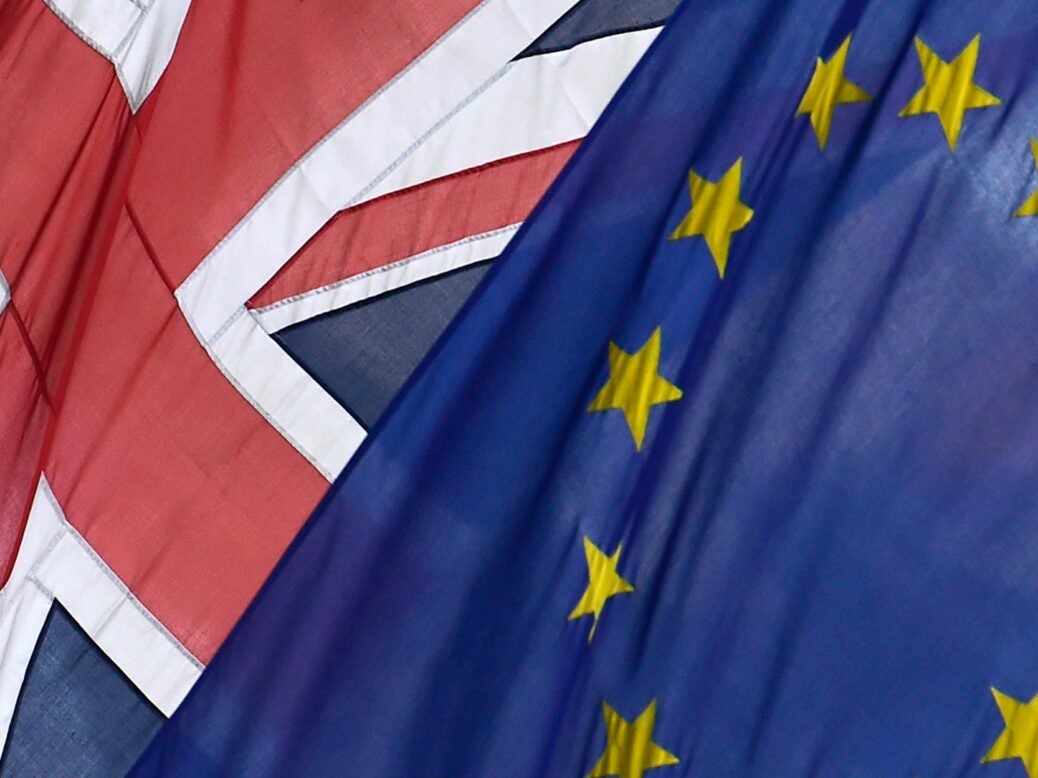
Spear’s Assistant Editor, Alex Matchett, delves into the history of Europe to persuade us to Remain.
There are a number of pictures beneath Belgrade Fortress, overlooking Great War Island and the confluence of the Sava and the Danube. These pictures are photographs celebrating fifteen years of Serbia’s partnership with the EU. They celebrate the homes the EU has built for the impoverished, the dams put up to protect towns from flood waters and the machinery given to farmers to help save their livelihoods. Walk down to the docks, past the anti-Putin graffiti and along the Sava and in Bristol Park you’ll see migrants who have crossed the sea and the mountains from the Middle East. Pathetic in the old, tragic sense, ex-patriots in every sense and as redoubtable as the conundrum in which they are viced. Those assisting these individuals in gaining shelter and nourishment, and in regaining so much more, wear vests twinning Serbian and EU flags.
This was Belgrade four days ago. I describe it here because next week we have a referendum on whether we should remain or leave the EU. The economic case for remaining is convincing: Markets abhor uncertainty and trade and investment abhor artificial barriers because they prevent growth, development, and the profit that pays so much to HMRC. The Brexit criticism of the EU being a protective trading bloc doesn’t justify their advocating for leaving it.
Perhaps less quantifiable though, is the historical and political nature of the EU but it is this that is more, not less, important than the economic case for remaining. The EU’s work in Serbia hasn’t made the country a paradise but it means something; it is changing the lives of people there and putting a premium on shared values. Without the aspirational cooperation between the EU and the respective governments of the Balkan states, these countries would still be mired in corruption, violence and barbarism. There would be assistance but it would be from individual states with competing agendas. The EU has pushed for, and got, democracy, rule of law, investment and the social contract to work in these countries. Reactive nationalism remains as does discrimination and corruption but the EU is providing answers and a tangible progress.
For its many faults, the EU remains a vehicle for liberal democracy, human rights, rule of law and open markets. If Britain left, it would be unable to remind the union of these things and would be impotent to challenge the ideology of ever closer union that looks set to be the EU’s own petard. Brexit would create a fragmented, polarised Europe, a weakened voice for democracy in a world rapidly reverting to zero-sum politics. There are predator states and organisations that will see themselves as direct beneficiaries of a Brexit, victors even, over a failed entity they now see as malleable.
A post-Brexit Britain, a pariah to its former allies, would be trapped between placating the EU, minimising the considerable trade leverage it had just handed the bloc, and constantly employing diplomatic foils to seem something more than a small North Atlantic island about to dissolve its own political union. Anyone thinking Britain’s political or economic standing in the world would benefit from Brexit should read a newspaper dated post 1933.
The nationalism that tore apart the Balkans a generation ago, tore Europe apart three generations ago. The EU has evolved from trade agreements designed to build strength and mutual interests through inter-dependence, not lowest common denominations and one-upmanship. Globalisation has done much to spread that reality. However, unlike Europe, the world’s varied political topography means confusing, unpredictable and volatile economic circumstances – authoritarian states now assert control through economic choke holds – buying/forcing diplomatic credence. In such circumstances union is not only beneficial but critical. A Britain outside Europe relies on wit and favour, poor currencies indeed.
While the EU is a bureaucratic monster, imperfect in every sense, it is also a coherent and convincing argument for economic cooperation and political alignment. Considering where they were 70 years ago, Europe’s nation states have thrived under the EU and their citizens have lived in peace and relative prosperity. History shows that was not always the case and is the only gauge we have.
There is an alternative to remaining in the EU and it is nasty and brutish and subject to manipulation by stronger hands than ours. Britain should demonstrate fortitude in the EU, not capitulation outside it. Leaving allows an anachronistic nationalist narrative and intellectual cowardice to return to Europe. Anyone thinking I am hanging the weight of history on this debate is right; I am doing exactly that, with proven and bloody reason.






